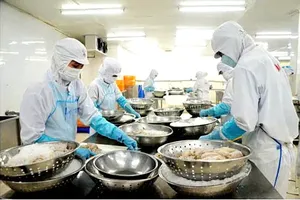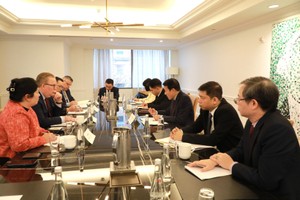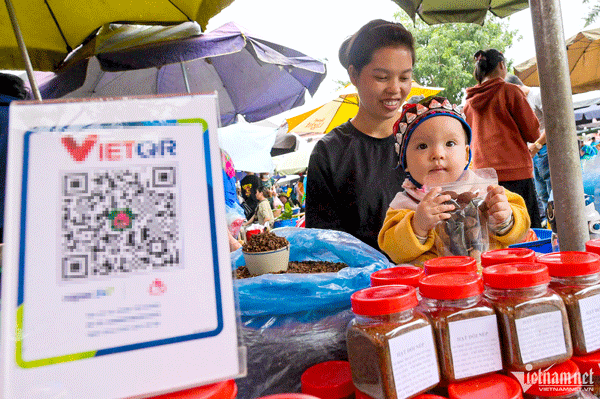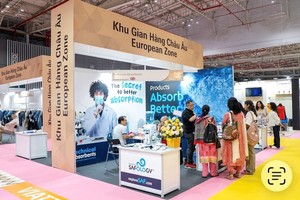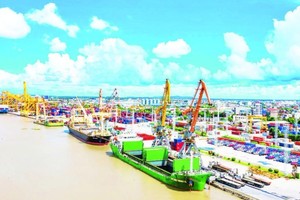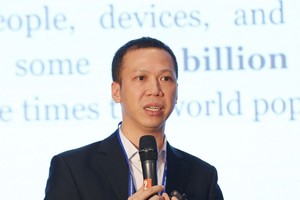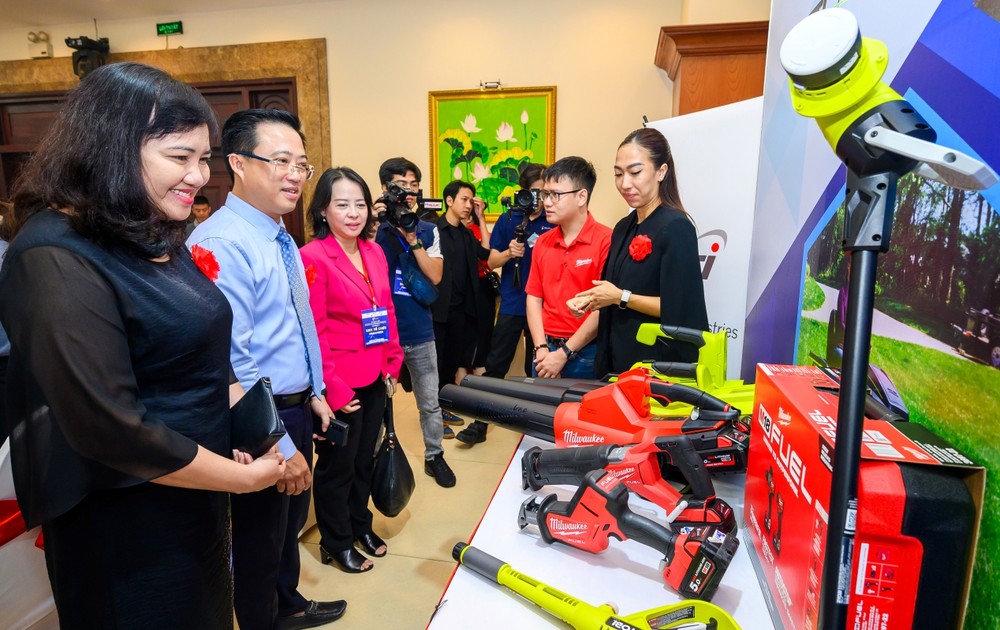
During the recent roundtable conference held by the People's Committee of HCMC, Japanese companies expressed their dedication to establishing a reliable global supply chain. This objective coincides with the shared interest of Foreign Direct Investment (FDI) businesses in Vietnam. However, the investment landscape still presents formidable obstacles that demand immediate attention. In response, HCMC has introduced a prioritized project list designed to attract investments from FDI companies.
Addressing existing obstacles, fostering new investment prospects
Mr. Pham Trung Kien, Deputy Director of HCMC's Department of Planning and Investment, revealed that FDI attraction in the city has surpassed US$3 billion since the beginning of the year. Singaporean investors lead the pack, accounting for 43.4 percent of the total capital. Besides, Japan, South Korea, the Netherlands, and the British Virgin Islands have a significant number of enterprises actively investing in HCMC.
According to Mr. Ono Masuo, the Consul General of Japan in HCMC, Japan presently has 1,657 ongoing projects in the city, totaling more than $5.7 billion in investment capital. However, obstacles have emerged during the implementation stage, impacting not only Japanese companies but also investors as a whole. These challenges encompass a range of issues, including taxes, customs, labor laws, the business climate, and the overall well-being of enterprises. The Japanese Business Association has thoroughly compiled 25 distinct suggestions for resolving these matters, which will be presented to the People's Committee of HCMC.
"For instance, Nipro Vietnam Company desires to invest in the expansion of its factory in the Saigon High-Tech Park (SHTP). However, the cumbersome process of obtaining supplementary permits mandates that the company secures an approval for the 1/500 planning decision, posing considerable complexity and difficulty. Despite having fulfilled the entire agreed-upon land lease payment for the SHTP, the company has yet to receive the land-use rights certificate," clarified Mr. Mizushima Kozo, President of the Japanese Business Association.
Numerous FDI enterprises are urging the city to swiftly enhance both the infrastructure and the operational efficiency of Tan Son Nhat International Airport. This involves implementing automated control technology to minimize waiting times during customs clearance. Additionally, adjustments are sought for other pertinent issues, including value-added tax refunds, personal income tax, a reassessment of overtime hour limits, labor permits, and the concept of "intra-company transfer," to better align with the reality.
From another perspective, FDI enterprises view the newly passed Resolution 98 as a tremendous opportunity for businesses to engage in diverse sectors in the city. Hence, there is a strong need for transparent sharing of the project portfolio, as well as the associated investment attraction policies, to stimulate increased investment from Japanese businesses in the coming period.
Maximizing investor convenience
In response to suggestions from FDI enterprises, Mr. Pham Trung Kien stated that the city is actively promoting investment in 15 industries. Projects are categorized for short-, medium-, or long-term attraction based on the specific sector. Simultaneously, the city has strategically planned and established 17 industrial zones, two export processing zones, and a high-tech park, covering a total area of approximately 6,000 hectares, to serve as business destinations. These processing zones and industrial parks are currently undergoing specialization to meet the evolving demand for optimizing operations in global supply chains as they transition to Vietnam.
From a different standpoint, Mr. Phan Van Mai, Chairman of the People's Committee of HCMC, underscores the city government's commitment to standing alongside and overcoming challenges to achieve success with both domestic and international business communities. However, the city firmly rejects projects that utilize outdated technology, consume excessive energy, or present risks of environmental pollution. Countries with advanced and innovative technology, prominent positions in supply chains, and involvement in multilateral free trade agreements with Vietnam (CPTPP, RCEP, EVFTA) will be given priority. Furthermore, multinational corporations that collaborate with local enterprises to establish industry clusters based on each value chain will also receive preferential treatment.
The city is committed to swiftly resolving outstanding issues in the metro system to enable its operational launch by July 2024. Subsequently, it will accelerate investment in the remaining 200km metro network. It will be a fundamental infrastructure upgrade for better traffic conditions within the city. Infrastructure investments in waste, wastewater, and emissions treatment are scheduled for completion by 2030. Sectors like healthcare, education, digital infrastructure, high-tech supporting technologies, biotechnology, and pharmaceuticals are actively seeking increased investments from social resources.
At the conference, Mr. Phan Van Mai shared additional details about the complete restructuring of the city's economic activities. The city is actively expanding regional connectivity and concurrently transferring some incompatible industries out of the city to make room for attracting additional industries with promising economic development potential. In the short-term, this transformation may not show significant impact. However, in the long run, it has the potential to act as a catalyst, propelling the city's economic growth to a rate of 8 percent per year. Moreover, with the broadened regional collaborations, FDI enterprises will have opportunities to explore larger markets. Therefore, FDI investors should consider early involvement in these initiatives.
HCMC's commitment to supporting FDI enterprises
Mr. Dao Minh Chanh, Deputy Director of Investment and Trade Promotion Center of HCMC, emphasizes that the city always strives to stand alongside and assist businesses in their recovery and expansion endeavors. Presently, the city is focusing on addressing bottlenecks, integrating economic recovery programs with urban development initiatives, enhancing urban living conditions, implementing housing programs, improving transportation infrastructure, and fostering regional development to establish a robust foundation for sustainable growth. Simultaneously, there is a strong focus on administrative reforms to address specific business concerns, including streamlined processes for work permits for foreign labor and administrative procedures related to taxes, customs, land-use rights certificates, investment licenses, and construction permits.
54.3 percent of Japanese businesses record positive profits
According to Mr. Nobuyuki Matsumoto, Representative of the Japan External Trade Organization (JETRO) in HCMC, 54.3 percent of businesses achieved positive profits in 2023. In 2024, projections show that 50.4 percent of enterprises anticipate profit improvement, with 8.3 percent expecting a decline compared to the previous year.
Japanese businesses project enhanced business profits based on factors such as "Rising demand in export markets" for the manufacturing sector and "Increased demand in the domestic market" for the non-manufacturing sector. Furthermore, enterprises' efforts in "enhancing productivity" and "cutting costs" contribute to revenue advantages. Given these circumstances, 56.7 percent of businesses indicate their plans to expand investments in Vietnam over the next two years.
